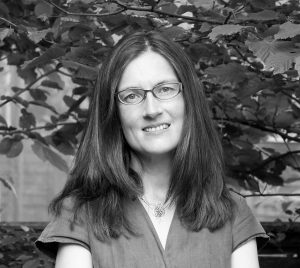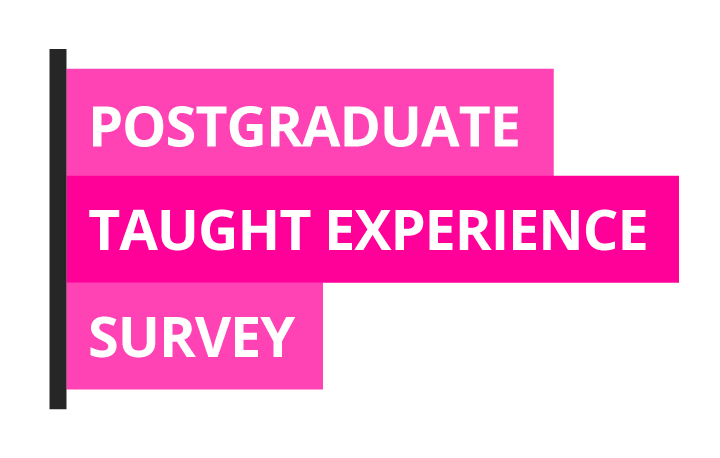The high quality of submissions meant that voters had a tough time choosing their favourite poster submissions at this year’s Learning and Teaching Conference.
Respondents voted for the three posters most inspirational for their own practice, resulting in three winners reflecting some of the diverse teaching practice across the University. The winners, in no particular order, were……. Continue reading “Poster Winners: Learning and Teaching Conference”




